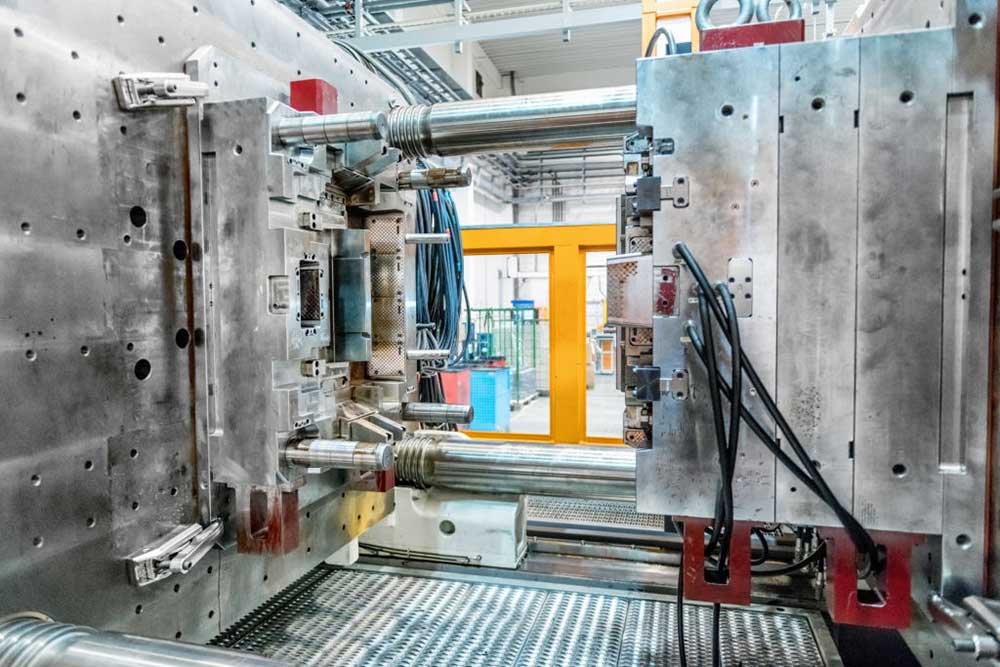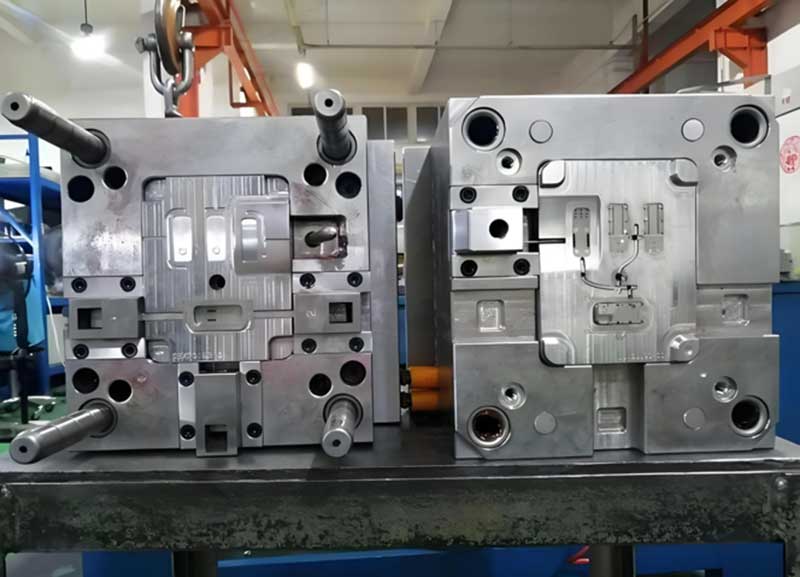Guide to choosing the right die casting mold supplier
Introduction
Finding a reliable Die casting mold supplier is crucial for businesses that rely on injection and die casting molds for their products. Whether you’re in the automotive, electronics, or household appliance industry, selecting the right supplier ensures product quality, timely delivery, and cost efficiency. This guide provides insights, strategies, and practical tips for choosing a reliable Die casting mold supplier and establishing a successful partnership.
Why Partner with a Reliable Die Casting Mold Supplier?
A trusted Die casting mold supplier plays a vital role in ensuring your project’s success. Key benefits include:
- Consistent Product Quality: Reliable suppliers use premium materials and precise manufacturing techniques to deliver durable, high-performance molds.
- Efficient Production Process: With advanced equipment and optimized processes, top suppliers minimize delays and ensure fast delivery.
- Cost-Effective Solutions: Experienced suppliers offer tailored solutions that reduce production costs without compromising quality.
- Technical Expertise: A skilled supplier provides design assistance, troubleshooting support, and effective maintenance solutions.

Key Factors to Consider When Choosing a Die Casting Mold Supplier
When selecting a Die casting mold supplier, consider the following crucial factors:
1. Experience and Expertise
- Choose suppliers with extensive experience in die casting mold production. Proven industry knowledge ensures precision engineering and innovative mold designs.
- Look for suppliers with experience serving industries like automotive, electronics, and consumer goods for tailored solutions.
2. Manufacturing Capabilities
- Evaluate their ability to handle various mold complexities, from simple prototypes to intricate production molds.
- Confirm they have advanced CNC machines, EDM equipment, and precision testing tools to guarantee product quality.
3. Material Selection
- Ensure the supplier uses robust materials such as aluminum, zinc, or magnesium to meet your product’s requirements.
- Discuss material options for durability, temperature resistance, and enhanced performance.
4. Design Support and Prototyping
- A supplier offering comprehensive design support can improve mold functionality and reduce defects.
- Ask if they provide prototyping services to identify potential design flaws early.
5. Quality Control Standards
- Ensure the supplier follows ISO or IATF quality standards.
- Ask about their inspection methods, such as CMM testing, to verify dimensional accuracy.
6. Lead Time and Delivery Efficiency
- Confirm their capacity to meet project deadlines with streamlined processes.
- Inquire about their logistics network to ensure smooth global deliveries.
7. After-Sales Support
- Choose a supplier that offers post-delivery support, maintenance guidance, and quick-response troubleshooting.
Establishing a Successful Partnership with Your Die Casting Mold Supplier
Building a strong relationship with your Die casting mold supplier ensures better collaboration and long-term success. Follow these steps for a productive partnership:
1. Define Clear Expectations
- Establish clear project goals, timelines, and quality benchmarks.
- Share detailed CAD files, technical drawings, and specifications for accurate manufacturing.
2. Regular Communication
- Maintain consistent communication with the supplier throughout the design and production phases.
- Schedule routine progress updates to track milestones and address issues promptly.
3. Collaborate on Cost Optimization
- Discuss ways to reduce material waste and improve mold efficiency.
- Seek alternative design approaches that enhance performance while lowering costs.
4. Quality Assurance Audits
- Conduct on-site inspections or request sample testing to ensure the final molds meet your quality standards.
5. Build Long-Term Trust
- Develop a lasting partnership by nurturing transparent communication and rewarding consistent performance.

Case Study: Successful Partnership with a Die Casting Mold Supplier
Automotive Component Manufacturer – Huazhi Technology
Huazhi Technology, a trusted Die casting mold supplier, helped an international automotive manufacturer overcome production delays by providing efficient mold solutions. By leveraging Huazhi’s design expertise and efficient production process, the client achieved:
- 30% Faster Lead Times with streamlined mold manufacturing.
- Enhanced Product Quality through precision engineering.
- Significant Cost Savings by reducing material waste and improving design efficiency.
Conclusion
Choosing the right Die casting mold supplier is essential for ensuring product quality, reducing costs, and meeting production timelines. By partnering with Huazhi Technology, you gain access to experienced professionals, advanced manufacturing techniques, and dedicated customer support. Contact us today to discuss your mold requirements and experience fast, reliable solutions that accelerate your product’s success.
FAQ
Q1: How do I determine the right mold material for my project?
A: Choosing the right mold material requires careful consideration of your product’s requirements. A reliable Die casting mold supplier will evaluate factors such as expected production volume, material durability, and thermal resistance. For instance, materials like H13 steel are ideal for high-pressure die casting due to their heat resistance, while softer materials may be suitable for low-volume production. An experienced supplier will help you strike a balance between cost-efficiency and performance to meet your project goals effectively.
Q2: What certifications should a reputable supplier have?
A: A reputable Die casting mold supplier should possess key certifications that guarantee adherence to strict quality standards. Look for ISO 9001 certification, which ensures consistent quality management processes, and IATF 16949 certification, which is crucial for automotive industry requirements. These certifications reflect the supplier’s commitment to maintaining high-quality production, ensuring precise mold creation, and minimizing defects during the manufacturing process.
Q3: How can I reduce the cost of mold production?
A: Reducing mold production costs requires collaboration with your Die casting mold supplier. Discuss potential design modifications that reduce complexity, which can decrease both material usage and machining time. Exploring alternative materials that offer comparable performance at a lower cost can also help. Additionally, implementing efficient production techniques such as optimized cooling channels and improved ejection systems can enhance productivity and lower expenses.
Q4: How do I ensure my supplier meets delivery deadlines?
A: Ensuring timely delivery requires partnering with a Die casting mold supplier known for efficient project management. Evaluate their track record for meeting deadlines, and inquire about their workflow processes, including project milestones and quality checkpoints. Suppliers with in-house capabilities for design, machining, and testing are often better equipped to maintain faster lead times. Reliable suppliers also invest in robust logistics networks to ensure smooth transportation and minimize potential delays.
Q5: What industries benefit most from die casting mold suppliers?
A: A wide range of industries rely on Die casting mold suppliers to deliver precise and durable mold solutions. The automotive sector uses die casting molds for engine components, transmission parts, and structural elements. The aerospace industry benefits from lightweight, high-strength mold designs. Consumer electronics manufacturers depend on intricate mold designs for gadgets and device housings. Medical device companies also utilize precise die casting molds for creating sterile, high-precision components crucial for healthcare products.
